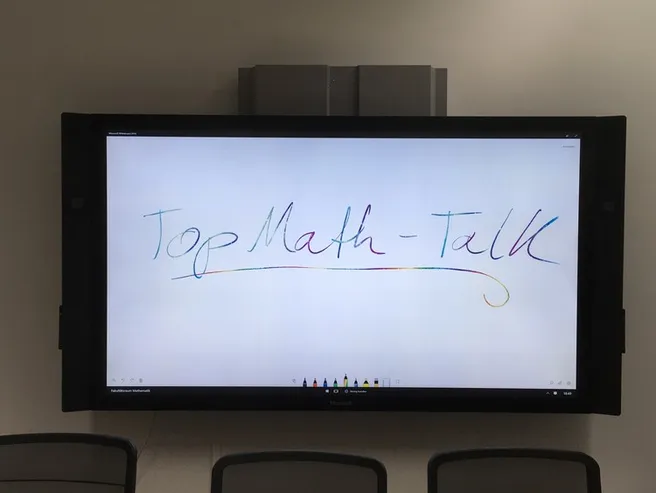Decision Power of Weak Asynchronous Models of Distributed Computing
Esparza and Reiter have recently conducted a systematic comparative study of models of distributed computing consisting of a network of identical finite-state agents that cooperate to decide if the underlying graph of the network satisfies a given property. The study classifies models according to four criteria, and shows that twenty initially possible combinations collapse into seven equivalence classes with respect to their decision power, i.e. the properties that the agents of each class can decide. However, Esparza and Reiter only show (proper) inclusions between the classes, and so do not characterize their decision power. In this paper, we do so for labelling properties, i.e. properties that depend only on the labels of the nodes, but not on the structure of the graph. In particular, majority (whether more nodes carry the label a than b) is a labelling property. Our results show that only one of the seven equivalence classes identified by Esparza and Reiter can decide majority for arbitrary networks. We then study the decision power of the classes on bounded-degree networks, and show that three classes can.
TopMath Talks
As part of the TopMath talks, TopMath students and doctoral students present parts of their research. They provide an understandable insight into their current area of interest, enabling students and staff to broaden their mathematical background knowledge. The talks are open to the public and last about an hour, followed by discussion. You are cordially invited!
Organization: Fabian Roll
